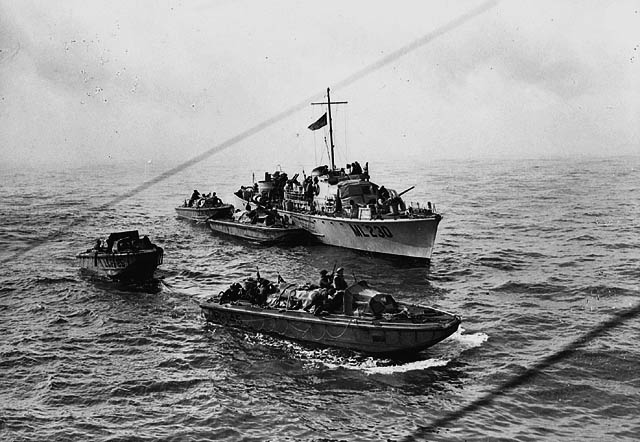"I did 220 hours of operational time, which is actual engagement with the enemy, other fighters and bombers and so on."
See below for Mr. Connolly's entire testimony.
Please be advised that Memory Project primary sources may deal with personal testimony that reflect the speaker’s recollections and interpretations of events. Individual testimony does not necessarily reflect the views of the Memory Project and Historica Canada.
Transcript
I soloed right away because I had a full year of training before that. As far as the flying is concerned, when we completed our training in Canada, we were all sort of professional pilots. So I went to [Royal Air Force No.] 91 Squadron, officially a “Jim Crow” Squadron, which meant we would do single search. In other words, we’d fly over the North Sea at different altitudes and down the French coast and pick up the German convoys along the coast. Then report them when we got back to Hawkinge [England], the 91 Squadron Base. And they would then send out, as an example, some [Hawker] Hurricane skip bombers [fighter aircraft] or something in that nature, and we’d escort them, tacking the convoys. Also, we did the air-sea rescue work, which meant that when we lost somebody in the [English] Channel, they had air-sea rescue ready to go out and drop dinghies for them and send out high-speed launches to pick them up, if possible. And we would spot the people who were down for them and leave them. Then they’d pick them up and bring them in. Now, that was one of our duties.
Quite often, we were short of fuel getting home and I had several occasions where after an attack, everyone is sort of broken up and finding their way back, singly or in pairs, and the few cases of the attack with German fighters who were coming back from the coast and sometimes, we didn’t have any ammunition, so you had to sort of make them think you did.
I did 220 hours of operational time, which is actual engagement with the enemy, other fighters and bombers and so on. So at that time, in those two years, I did over 120 hours of actual fighting or whatever you call it. In so doing, I flew about 500 hours of [Supermarine] Spitfire [single-seat fighter] time, which was a fair amount of time in those days, in that short of time. It was an indication of how busy we were at that time because we were short of fighter pilots.
Dieppe [Raid], yeah, which was just a few minutes. So we had time to refuel and re-arm and then away we went. That particular day [19 August 1942], I can remember, we had breakfast before it was daylight and we took off just before daylight and we came back and forth, refueled and re-armed and we were ready to have a lunch but then we were scrambled again, we didn’t have lunch. And we went on until after dark. But it was a real tiring day, that one.
We had to mix it up with them [Germans] that day and we were initially, three squadrons attacked and they had 120 airplanes up and we had 312, 36, and the odds usually were that we all, during the day at Dieppe, it went on for a full day, it was one of the longest battles during the war of, you know, fighter aircraft and so on. Actually, we were usually outnumbered anyway. So we’re more or less used to being outnumbered. And with a mix-up like that, it’s pretty hard to tell when you get a whole bunch of squadrons whirling around and shooting at each other and so on.
The [British Commonwealth Air] Training Plan that Canada had, they did a very great job of training pilots and a large number. But we had no one who had fighter experience. So our group went over[seas] and we spent a couple of years and then they brought us back to instruct in [Royal Canadian Air Force Station] Bagotville [La Baie, Quebec], with the knowledge that we had, the present knowledge that we had from our operations and we were able to pass that on and make it part of the training course and so on. So that was one of the reasons why we were brought back.
People asked me, well, were you afraid during that time. And I just say, well, you’re just too busy, you don’t have time. You’re just so busy mixing it up that you’re doing what you have to do and, and you don’t think about being afraid.

 Share on Facebook
Share on Facebook Share on X
Share on X Share by Email
Share by Email Share on Google Classroom
Share on Google Classroom









